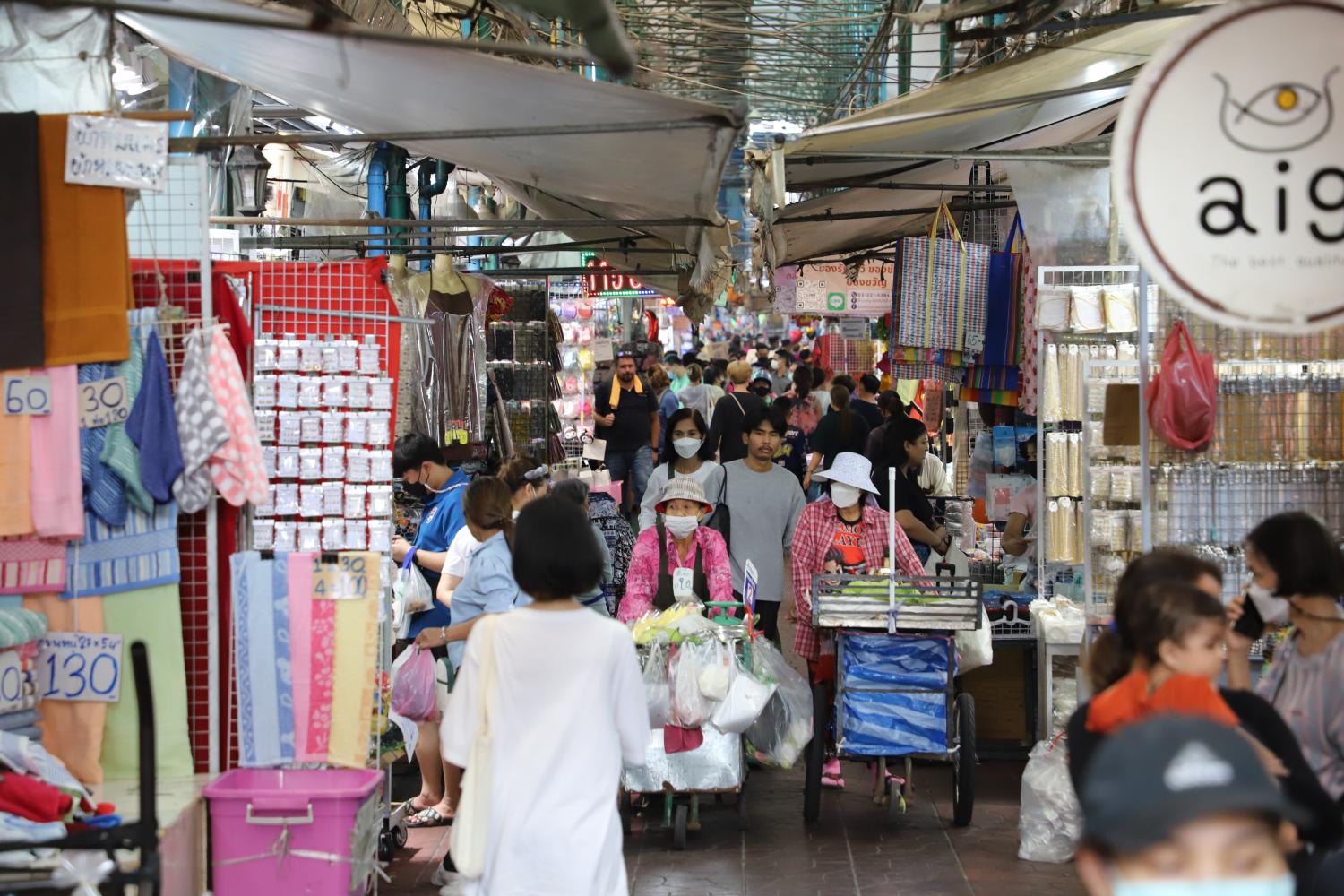
Urgent measures from the government are necessary to solve a financial crisis among 12,898 small and medium-sized enterprises (SMEs), now at risk of succumbing to a huge level of debt worth 61 billion baht, says the Federation of Thai Industries (FTI).
These entrepreneurs were previously categorised as being financially healthy and had not been blacklisted by the National Credit Bureau, but following the pandemic, which affected their liquidity, many of them may not be able to maintain employment and are likely to abandon their businesses by the end of this year.
They badly need measures, especially a reduction in the interest rate on loans, said Apichit Prasoprat, vice-chairman of the FTI.
The 61-billion-baht debt is made up of 36 billion baht owed to commercial banks and 25 billion baht that needs to be repaid to the government.
"The FTI wants the government to launch new aid packages to help SMEs continue to run their businesses," said Mr Apichit, who added that interest rates on loans are currently on the rise.
High interest rates affect SMEs' cash flow, placing a huge financial burden on them.
The federation plans to hold discussions with state agencies, notably the Finance Ministry, as well as financial institutions to jointly consider the proposed cut in interest rates on loans, said Mr Apichit.
The government will be also asked to find ways to help SMEs gain easier access to sources of finance.
Mr Apichit wants the government to carefully consider the plan to raise the daily minimum wage as this will land reeling SMEs in further trouble.
Authorities must base the increase on the rate of inflation and GDP, and not hike wages to the level pledged during the election campaign.
The economy has yet to fully recover following the pandemic, which hit the country in 2020 and subdued economic activity. This year, manufacturers are also facing weak exports.
"The tourism industry is mainly driving the economy now. We need to wait and see how the government's visa-free policy will help," said Mr Apichit.